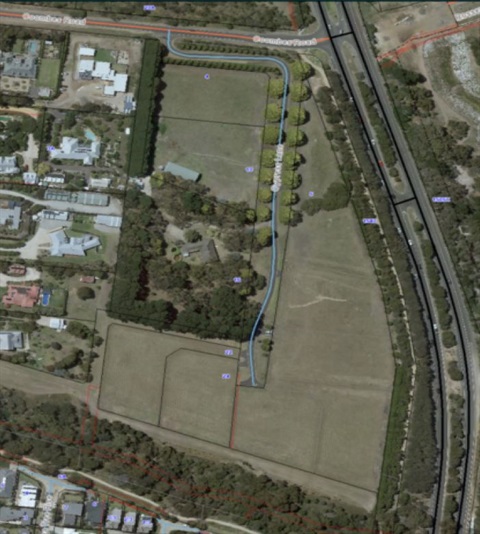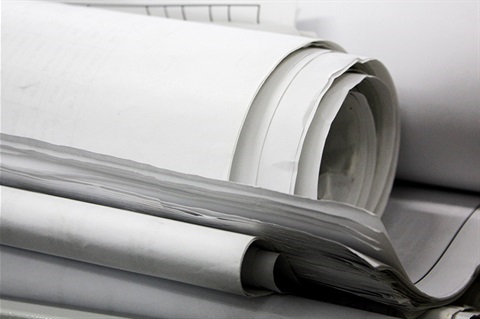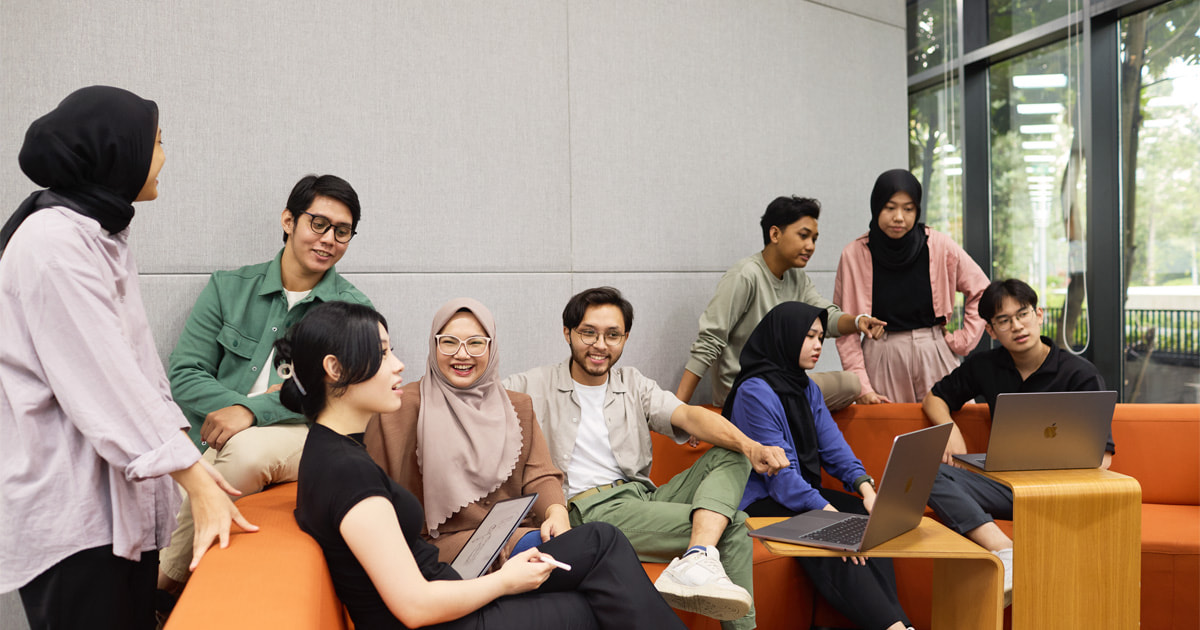Fortescue Metals Group (Fortescue) today announced that it has signed a Memorandum of Understanding (MOU) with Kawasaki Heavy Industries (Kawasaki) and Iwatani Corporation (Iwatani) to develop a business model for the supply of liquid hydrogen into Japan.
Under the MOU, the three parties will establish the Global LH2 Consortium to facilitate collaboration for the establishment of large scale, liquid hydrogen production and supply capabilities.
The Consortium will focus on joint activities associated with the development of renewable hydrogen projects in Australia and overseas, with a view to establishing liquid hydrogen supply chains and the distribution and offtake of liquid hydrogen within Japan.
Fortescue Chief Executive Officer Ms Elizabeth Gaines said, “The world’s transition to a clean energy future represents a major growth opportunity and this partnership with Kawasaki and Iwatani will help position Fortescue at the forefront of the establishment of a global renewable hydrogen industry.
“Japan has been identified as one of the priority north Asian markets for hydrogen exports. By leveraging our value chain and market access as well as the skills and capability of our people to rapidly develop complex projects, we believe Fortescue is well placed to meet the future demand of green hydrogen,” Ms Gaines said.
Kawasaki Executive Officer Dr Eiichi Harada said, “Kawasaki is a world leader in the production, storage, shipping and handling of liquid hydrogen. In order to contribute to securing a stable energy supply and the preservation of the global environment, Kawasaki is excited to enter into a relationship and business partnership with Fortescue and Iwatani for the establishment of the Global LH2 Consortium.”
Iwatani Board Member Mr Manabu Tsuyoshi said, “Iwatani is the number one hydrogen supplier and only liquefied hydrogen supplier in Japan. Since we started in the hydrogen business in 1941, we have built a nationwide hydrogen network from manufacturing to transportation, storage, supply and safety. In order to expand our hydrogen supply capabilities and to develop new business models, Iwatani is pleased to partner with Fortescue and Kawasaki to establish future global hydrogen supply chains.”
Background
Fortescue has a portfolio of projects underway associated with renewable hydrogen production, including:
- A partnership with the CSIRO for the development of new hydrogen technologies, including a world first membrane technology which provides the potential for large scale hydrogen extraction from ammonia
- A$32 million hydrogen mobility project at Christmas Creek comprising the construction of a renewable hydrogen refuelling facility and the deployment of a fleet of hydrogen fuel cell passenger coaches from mid-2021
- A partnership with ATCO Australia to build and operate the first combined green hydrogen production and refuelling facility in Western Australia
- A Memorandum of Understanding with Hyundai Motor Co and CSIRO to advance renewable hydrogen technology for domestic transport
- A feasibility study into a 250MW green hydrogen plant in Tasmania, with a green ammonia production capacity of 250,000 tonnes per annum for domestic use and international exports
About Kawasaki Heavy Industries
Kawasaki Heavy Industries is a world leader in the production, storage, shipping and handling of liquid hydrogen. Since 2010, Kawasaki has backed the building on a hydrogen energy supply chain, using its history and expertise of the technology in the fields of extremely low temperatures, LNG ships, plant engineering and gas turbines. In 2019, Kawasaki launched the Suiso Frontier, the world’s first liquified hydrogen carrier.
About Iwatani Corporation
A leading company in the production and distribution of hydrogen, Iwatani Corporation is Japan’s only liquid hydrogen supplier with an annual production capacity of 120 million m3 across six plants and 10 compressed hydrogen plants across Japan, supplying 70 per cent of the country’s hydrogen market.







